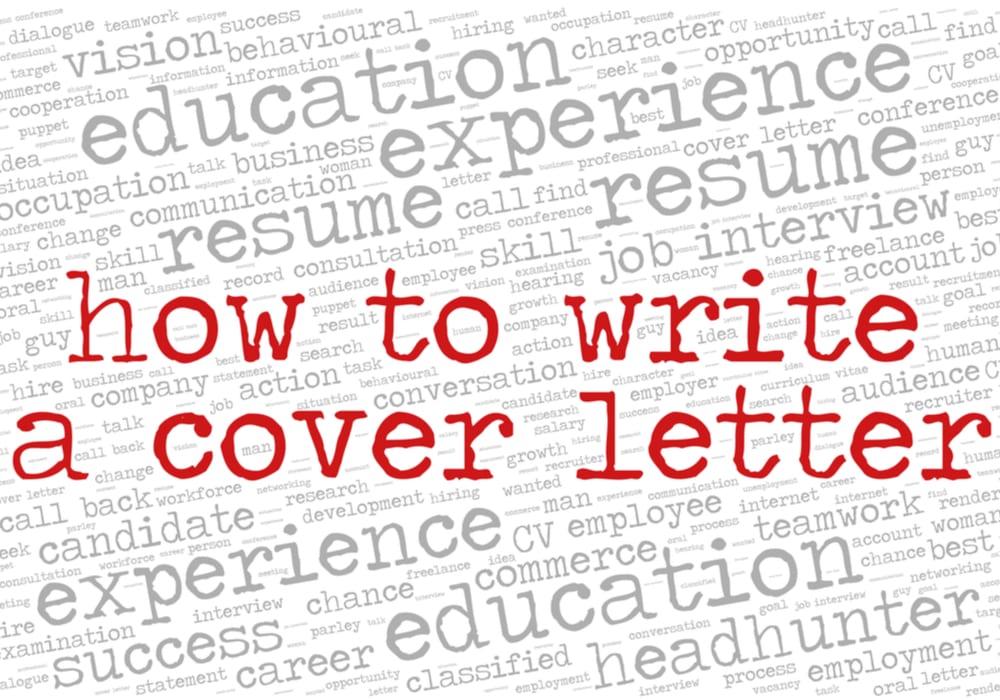What Are Soft Skills?
Soft skills are personal qualities. They help you work well with others. They help you succeed in any job. Think of skills like communication, teamwork, and problem-solving.
These are different from hard skills. Hard skills are technical abilities, like coding or using specific software. Soft skills are about how you work.
They matter because employers want people who fit well into a team. They want people who can handle challenges. Strong soft skills make you a valuable employee.
Why Soft Skills are Important on Your Resume
Employers look for soft skills. A LinkedIn study found that 89% of hiring managers say soft skills are important. They want to see how you interact and solve problems.
Listing your soft skills on your resume helps you stand out. It shows you understand what employers need. This increases your chances of getting an interview.
It helps you get past applicant tracking systems (ATS) too. Many job descriptions mention soft skills. When you include them, your resume matches better.
How to List Soft Skills on Your Resume: 3 Steps
You can show your soft skills in three main areas of your resume. This makes your skills clear to recruiters.
Step 1: Add Soft Skills to Your Skills Section
Create a dedicated "Skills" section on your resume. You can list both hard and soft skills here. This gives a quick overview to the recruiter.
Here's how to do it:
- Create a "Skills" heading. Place this section near the top of your resume, after your contact information and summary.
- List your soft skills. Use bullet points. Choose skills relevant to the jobs you want.
- Mix with hard skills. Show a balance of both.
Example:
Skills
- Communication
- Teamwork
- Problem-Solving
- Adaptability
- Time Management
- Microsoft Office
- Data Entry
- Customer Service
This method is quick and effective. It tells employers you have these key qualities.
Also Read: Hard Skills Vs Soft Skills – Definitions and Examples
Step 2: Weave Soft Skills into Your Resume Summary or Objective
Your resume summary or objective is at the very top. It is a short paragraph. You use it to introduce yourself and highlight your best qualities. Use this space to include soft skills.
Here's how to write it:
- Start with your role or goal. State what you do or what job you seek.
- Mention key soft skills. Choose 1-2 powerful soft skills.
- Connect skills to benefits. Explain how these skills help you succeed.
Example for a Summary:
"Results-driven marketing professional with strong communication and problem-solving skills. Achieved a 15% increase in lead generation through targeted campaigns. Skilled in digital marketing tools and content creation."
Example for an Objective (for new graduates or career changers):
"Enthusiastic recent graduate seeking an entry-level marketing position. Possess excellent teamwork and adaptability skills. Eager to contribute to a dynamic team and learn new strategies."
This shows employers your soft skills from the start.
Step 3: Show Soft Skills in Your Experience Section
This is the most powerful way to show soft skills. Do not just list them. Show how you used them to achieve results. Use action verbs to start your bullet points.
Here's how to do it:
- Describe your responsibilities. Explain what you did in each role.
- Use action verbs. Start each bullet point with a strong verb.
- Connect soft skills to achievements. Explain how your soft skills led to positive outcomes.
- Use numbers. Quantify your achievements when possible.
Example for a Communication Soft Skill:
Instead of: "Responsible for communicating with clients."
Try: "Improved client satisfaction by 20% through clear and consistent communication of project updates."
Example for a Teamwork Soft Skill:
Instead of: "Worked with a team on projects."
Try: "Collaborated with a 5-person team to complete project on time, resulting in a 10% reduction in errors."
Example for a Problem-Solving Soft Skill:
Instead of: "Handled customer complaints."
Try: "Resolved complex customer issues quickly, leading to a 15% increase in positive customer feedback."
Example for an Adaptability Soft Skill:
Instead of: "Adjusted to new tasks."
Try: "Adapted quickly to new project management software, ensuring smooth transition for the team."
This approach proves you have the skills. It makes your resume more impactful.
Create ATS-Friendly Resumes in Minutes
Use our free resume builder to craft a professional, ATS-friendly resume quickly. Choose from customizable templates, tailor layout and design, and download in PDF. Start building your career-ready resume today.
Top Soft Skills for Your Resume
Here are some important soft skills to consider. Choose the ones that fit you and the jobs you want.
- Communication: This means you can share your thoughts clearly. You can speak so others understand. You also actively listen and write effectively. For example, if you write emails that are easy to read, you have good communication skills.
- Teamwork/Collaboration: You work well with other people to reach a shared goal. You help others, and you accept help too. Many jobs need people who can work in a team.
- Problem-Solving: When a problem comes up, you can find a good solution. You think through challenges and figure out how to fix them. This shows you can handle difficulties on your own.
- Adaptability: This means you can change easily when things are new or different. Maybe your tasks change, or your company starts using new tools. You adjust quickly and keep working well.
- Time Management: You can organize your tasks and finish them on time. You know how to prioritize what's important. This helps you meet deadlines and handle many tasks at once.
- Leadership: You can guide and motivate others. This doesn't just mean being a manager. It means you can take initiative, inspire your team, and help everyone succeed.
- Critical Thinking: You can look at information and make smart decisions. You don't just accept things at face value. You think deeply about situations to find the best path forward.
- Creativity: You can come up with new ideas. This helps you find new ways to do things or solve problems. It's about thinking outside the box.
- Interpersonal Skills: You build good relationships with people. You are polite, friendly, and work well with colleagues and clients. This makes you a pleasant person to work with.
- Work Ethic: You are dedicated and reliable. You show up on time, work hard, and finish what you start. Employers trust people with a strong work ethic.
Match these skills to the job description. This helps your resume get noticed.
Best Practices
- Tailor your resume: Change your soft skills for each job application. Look at the job description. Include skills mentioned there.
- Use keywords: Many companies use software to scan resumes. Make sure your soft skills match keywords in the job description.
- Be specific: Do not just list "communication." Explain how you used communication.
- Quantify results: Use numbers to show the impact of your soft skills. For example, "Reduced project delays by 10% through effective time management."
- Get feedback: Ask a friend or mentor to review your resume. They can offer suggestions.
Conclusion
Showing your soft skills on your resume is essential. It helps you stand out. Use the skills section, summary, and experience sections. Show, do not just tell, how you use these skills.
Start by adding 1-2 soft skills to your resume summary. Then, review your experience section. Look for ways to connect your actions to your soft skills. Check out more guides on resume writing for deeper insights.
Also Read: How to Make a Resume for a Job






